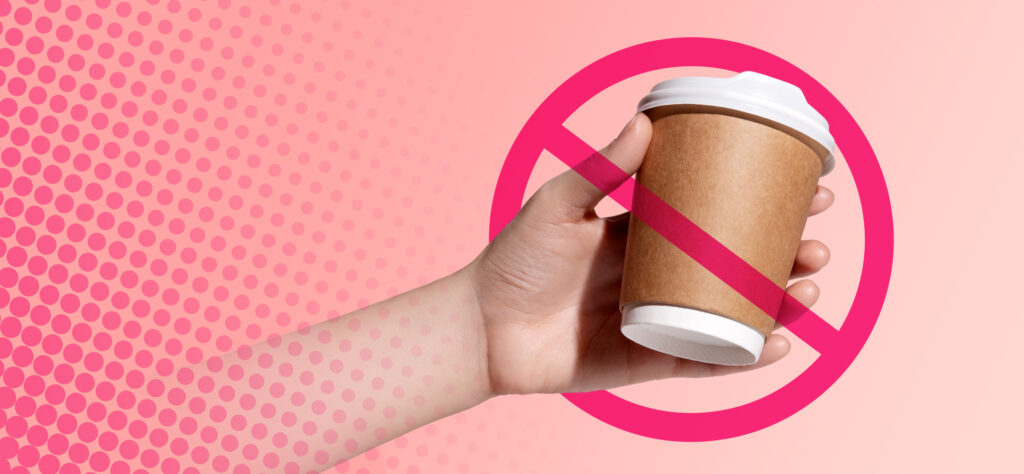Can you drink alcohol or caffeine prior to microblading/permanent makeup?
Throughout the course of your permanent makeup career, one of the questions you’ll be asked most frequently is, “can I have alcohol or caffeine before my appointment?”
And whether you do microblading or machine micropigmentation - or even tattooing - the answer is always the same. A big fat no!
Not explaining this step to your clients can cause huge issues in how your treatment heals as well as your client’s comfort and safety. Setting clear expectations that they shouldn’t consume caffeine or alcohol in the 24 hours leading up to their appointment will help them to feel in control and prevent any risks of adverse effects - more on that soon.
Whether you’re a beginner PMU artist or just need a helpful guide that’s written down to share with your clients, here’s why it’s so important to follow this rule for the best possible results!
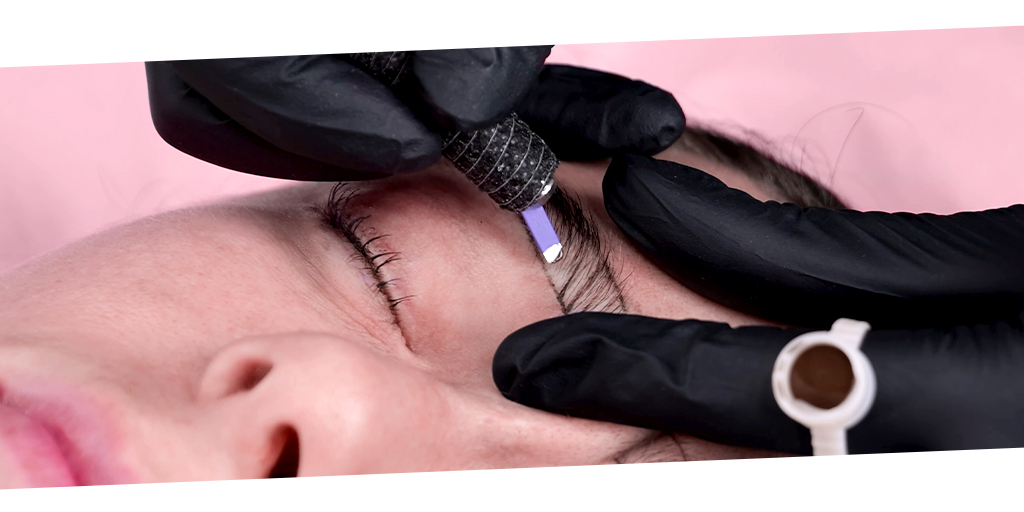
Excessive bleeding
Both alcohol and caffeine cause your client’s blood to thin, making it easier to flow - this can lead to excessive bleeding when they’re on the receiving end of a needle.
With excessive bleeding, it’ll be harder for you as an artist to implant pigment consistently and safely, which may lead to patchy results.
Slow healing & increased risk of infection
We all know that alcohol isn’t good for us, but it’s particularly bad for our skin and its regenerative properties. Drinking alcohol in the 24 hours before an appointment can lead to more trauma, as well as a slower and less effective healing time, during which the open wound of the PMU treatment is at risk of infection and scarring.
Improper healing will also affect colour retention, as it gives the pigment more time to escape the body!
Reduced immune system function
Alcohol consumption has a serious effect on the body’s immune system, and when combined with skin trauma, may result in issues like cold sores appearing.
Anyone who’s prone to cold sores should be advised to speak to their GP before undergoing a lip blush treatment to get preventative antiviral medication, but by adding alcohol to the mix they run a higher risk of occurrence, which can affect the healing process.
Increased production of lymph fluid
Shortly after the treatment, and for the next few days, your client will likely notice lymph fluid draining. If they’ve consumed alcohol in the last 24 hours, you’ll notice a lot more lymph fluid appearing during the procedure, which will make it more difficult to successfully implant pigment.
Excess lymph fluid leaking after a treatment can lead to scabbing and poor pigment retention!
Increased sensitivity
Consuming alcohol the night before an appointment can result in increased sensitivity and a reduced pain threshold. If your client worries about nothing else, make sure to stress upon them that it will be significantly more uncomfortable to get a treatment less than 24 hours after drinking.
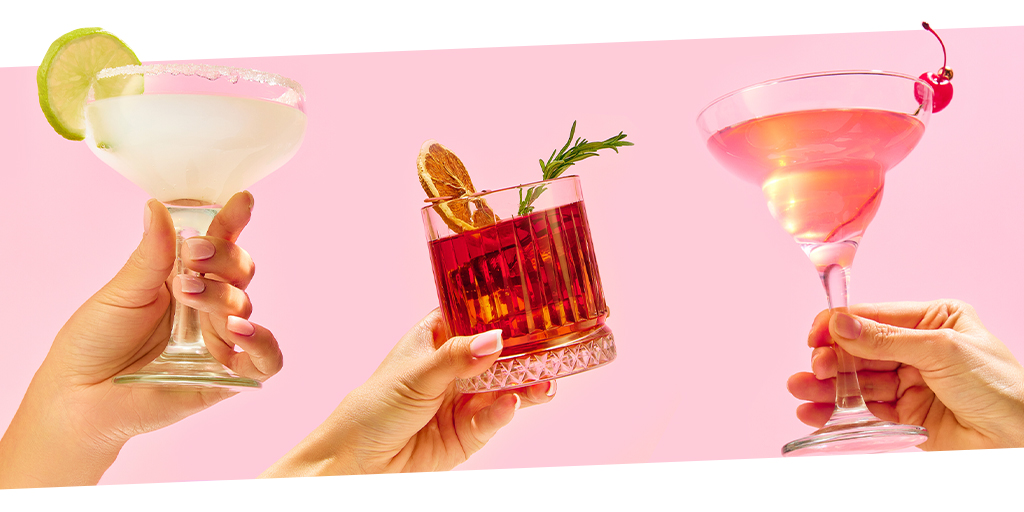
Can you drink alcohol after a treatment?
Even after the treatment, your client should be advised to avoid alcohol - for mostly the same reasons as above, like excess bleeding and lymph fluids disrupting the healing process and causing greater risk of infection.
Alcohol lowers your immune system and slows healing, so for the best possible results your clients should be told to avoid alcohol for a few days!
Managing excessive bleeding
Unfortunately, you can’t force your client to follow these rules, but you can make it clear what the repercussions will be!
If you do find your client is bleeding more than expected and may have consumed alcohol or caffeine (or not!), there are a few things you can do to minimise the risk of poor, healed results.
Using a long-tapered needle with a larger configuration can help to reduce the trauma to the skin, as the punctures made in the skin are smaller and with a larger configuration, you’ll require fewer passes over the area. If they’re bleeding excessively, time is of the essence – don’t rush and make adjustments where needed! Read more about taper lengths on our Guide to Needle Tapers or go back over our PMU Cartridge Guide blog for more.
Utilising a glide such as Hustle Butter Deluxe can help to make pigment implantation easier and less traumatic, as it softens and soothes the skin before the treatment and allows your needle to move across the skin more easily. This also greatly reduces chances of the needle dragging on the skin, which can cause excess trauma or bleeding.
We’ve also got a great video on PMU troubleshooting with our sponsored artist Tanya Buxton where she explains some of the most common problems in our techniques and tools – and how to fix them mid-treatment!
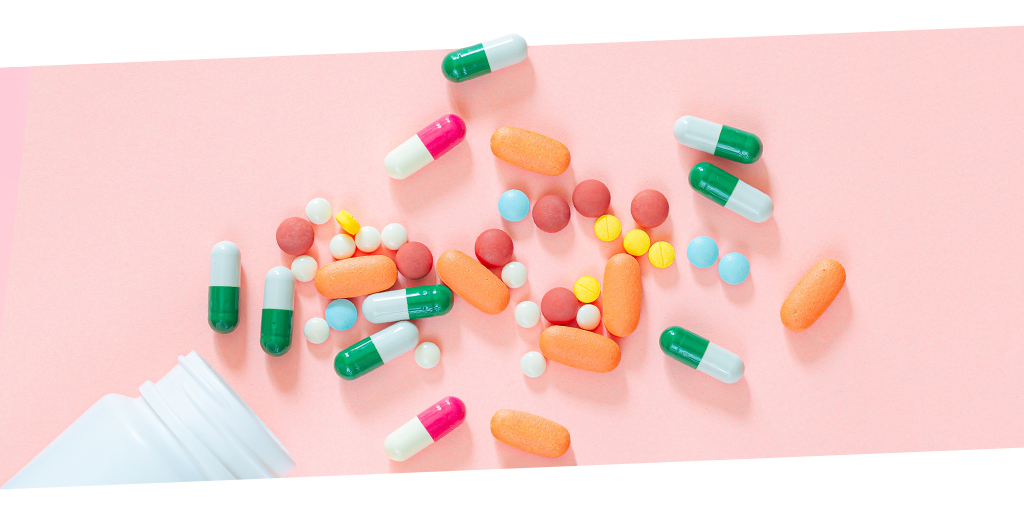
Other things to consider…
Medication
Over-the-counter painkillers like Ibuprofen and Aspirin also thin the blood, and should be avoided for the 24 hours leading up to the treatment. Asking about whether they’re on any prescription blood-thinning medication when booking should help to eliminate any nasty surprises on the day!
Retinol & other skincare ingredients
There are a few ingredients common in skincare that your clients should be aware of so that they can be avoided.
Using certain products can thin the already fragile skin of the face, causing excessive bleeding, issues with implantation, and poor healing. Any ingredient that resurfaces and regenerates the skin is potentially damaging - this includes retinol, glycolic or lactic acid, AHAs or vitamin C. Ideally your client should stop using these ingredients at least one week ahead of the appointment, and not use them again until the skin is fully healed.
Another ingredient of concern is Accutane, which is also known as Roaccutane. This is a prescribed medication that thins the skin, and clients should wait for a year after using it to get their PMU treatment.
Reduced pain threshold before your period
It’s well-known that the time before and during a period is one where sensitivity is increased - we hear about it a lot in terms of body hair waxing, but it’s just as true for PMU and microblading. While it won’t always be possible to avoid that time, it’s something to consider when your client is booking in for their treatment, and a useful question to ask if they seem to be experiencing more discomfort than expected!
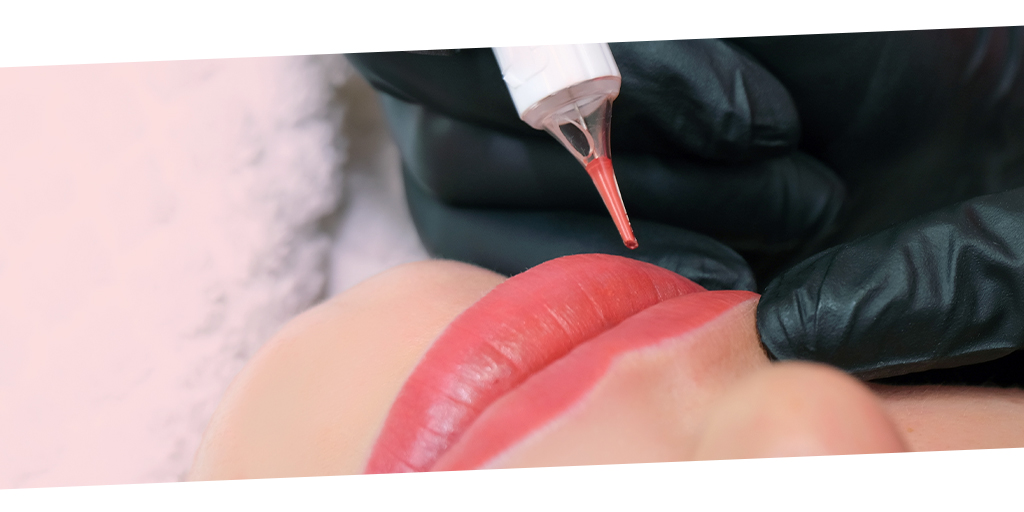
These are all the reasons why it’s important that your client not consume alcohol or caffeine ahead of their PMU appointment, plus some ways to help if things do go wrong.
And if you’re a client reading this, remember to skip that morning coffee before your appointment, no matter how badly you need it!
